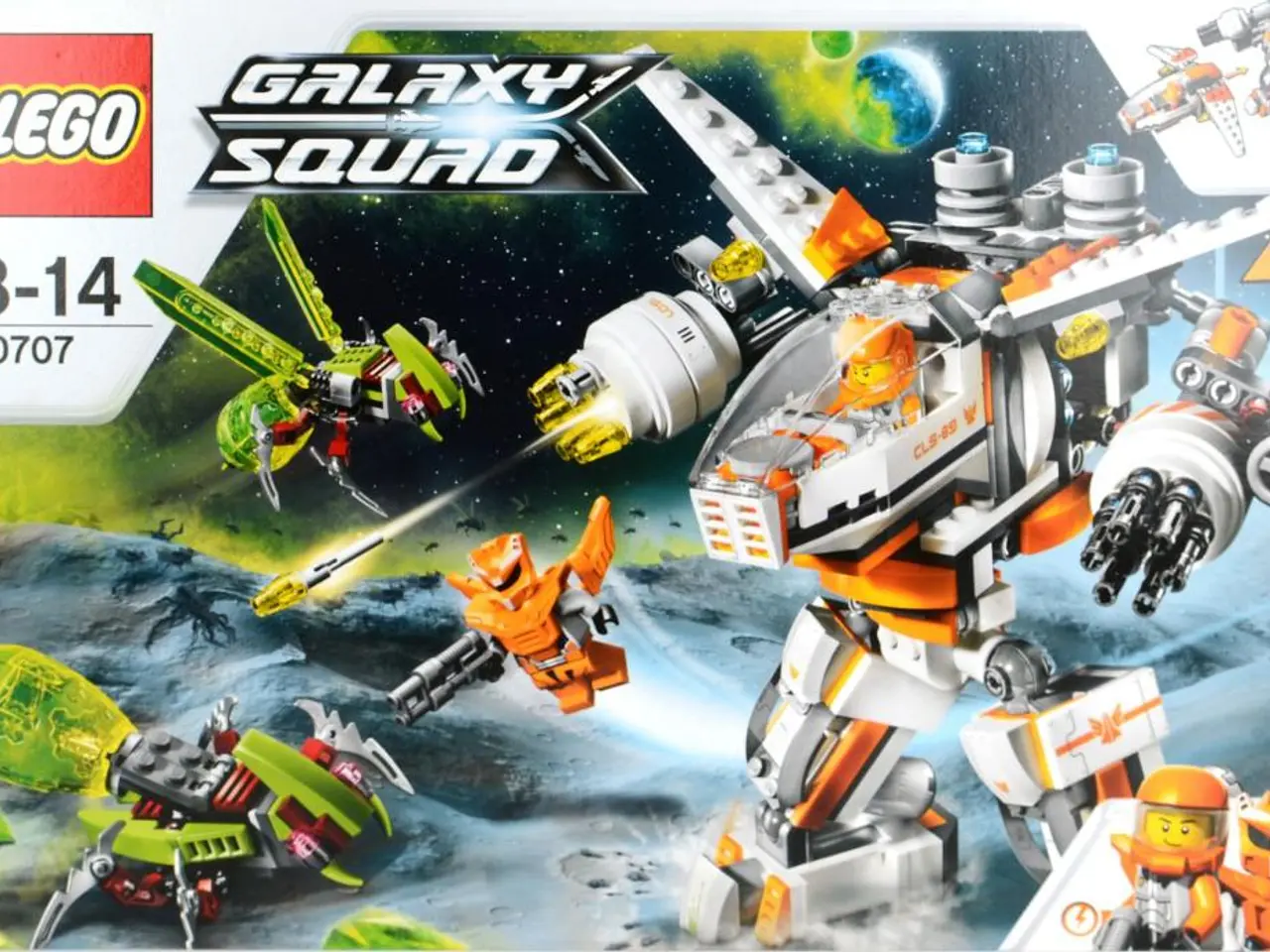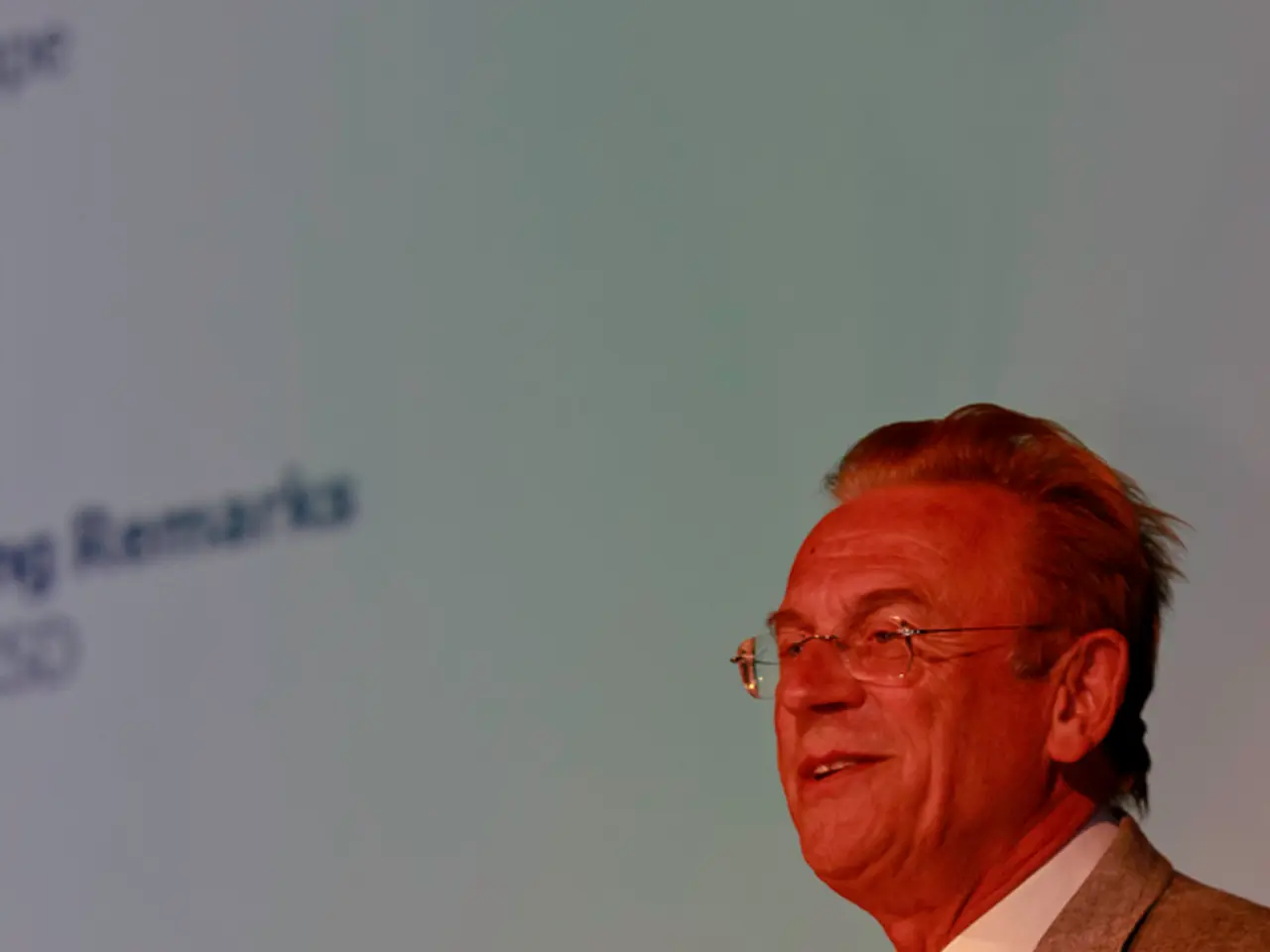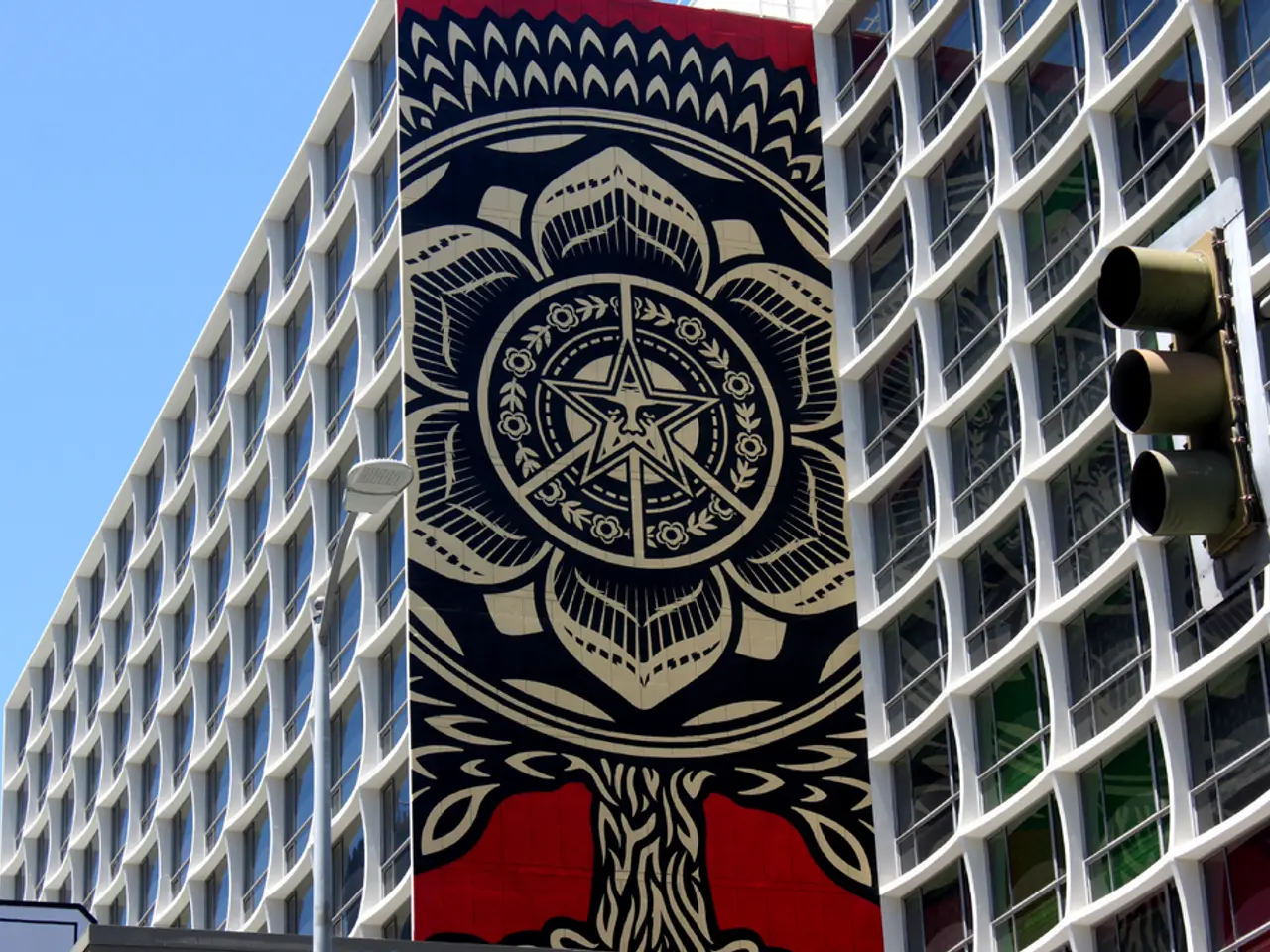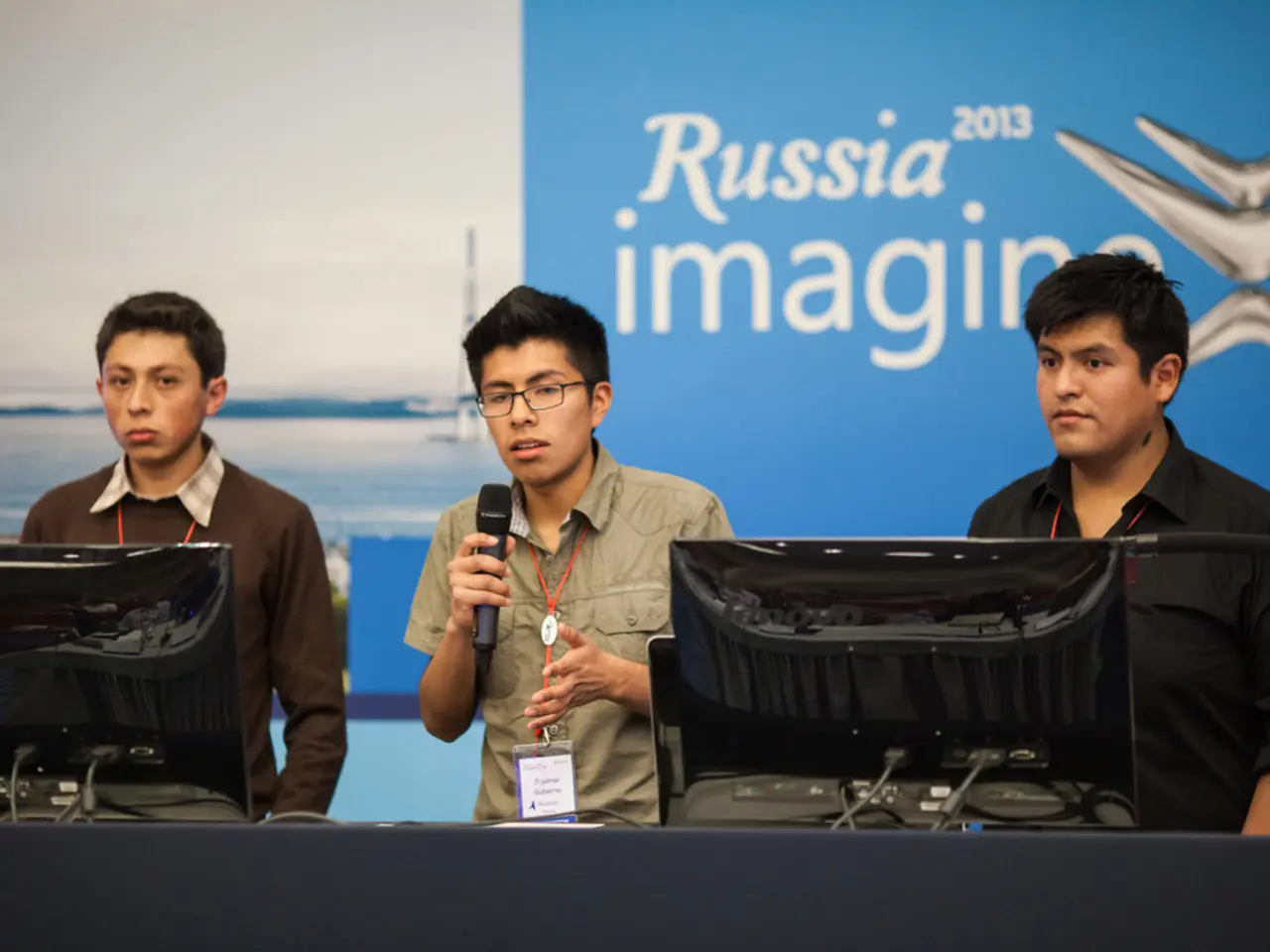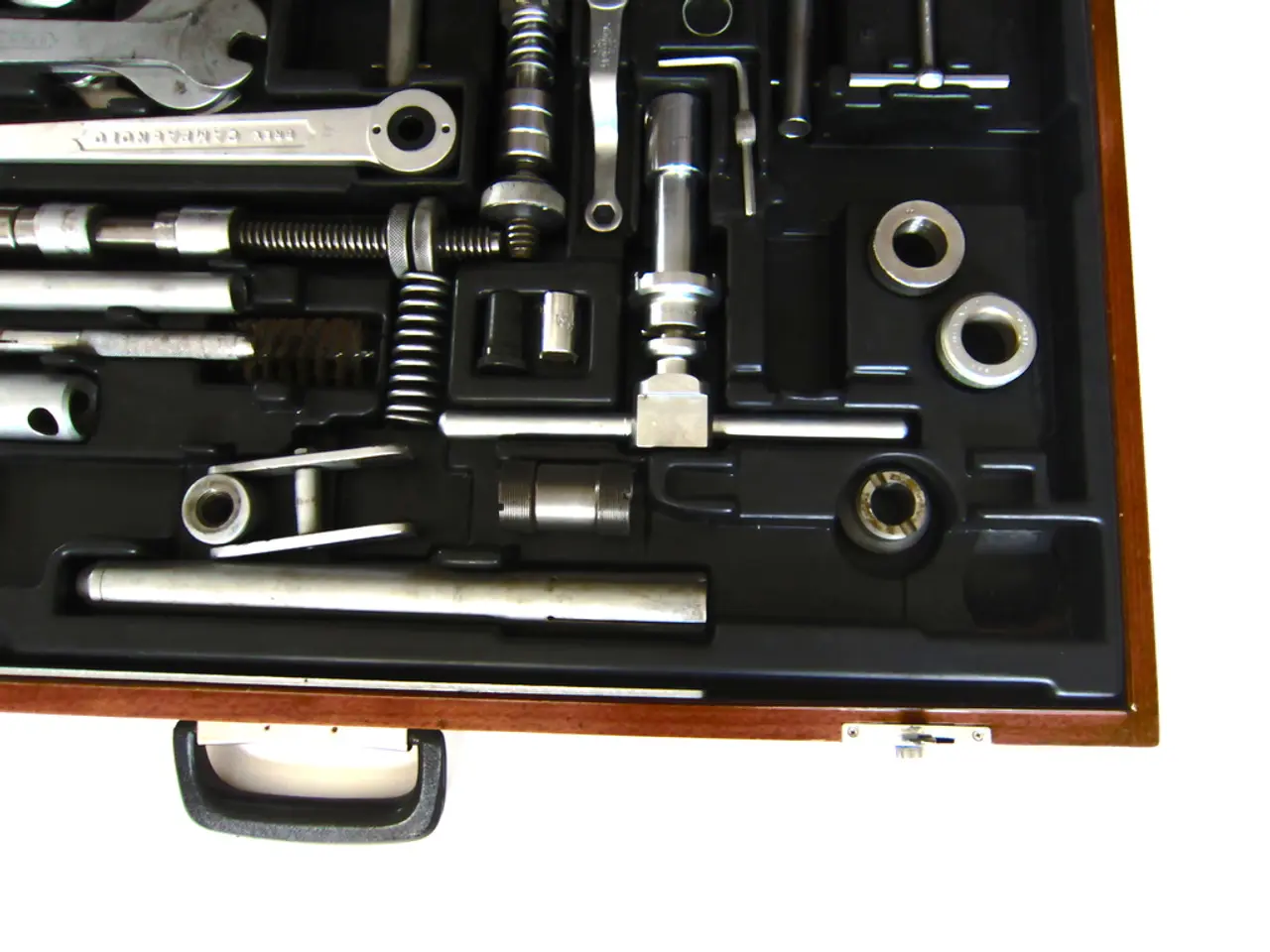AI integration in film and television productions: the agreement between Netflix and the actors' guild
In a significant move for the film industry, Netflix and BFFS (Bundesverband der Film- und Fernsehsynchronisation e.V.), the German association for film and TV dubbing, have agreed on binding rules for the use of Artificial Intelligence (AI) in synchronization and film production. This development was announced in February, marking the first formal agreements of its kind in the industry.
The rules cover possible AI uses that could alter an actor's performance, ensuring that AI is only used when copyright and personality rights are respected. This means that AI technology can be employed for images, scenes, surroundings, digital actors, animation, and post-production, but the screenplay must always be written by a human.
The agreements also extend to cases where an actor's appearance or voice is replicated or generated by synthetic figures. Affected actors can only consent to the use of AI through a separate, explicit, and written declaration.
Bernard Störkmann, the legal representative of BFFS, views this as an important sign, noting that it sets a precedent for responsible AI usage in the film industry. The agreements aim primarily at protecting personal rights.
In a related development, Chen Zhuo, a 29-year-old engineer, is set to make history as the creator of the world's first AI-generated film, "Pirate Queen: Zheng Yi Sao," which is scheduled for release in July. The film's production costs remained manageable due to AI assistance, totaling 139,191 US dollars.
Despite Netflix executives publicly acknowledging the use of generative AI technology in some productions, no specific binding agreements between Netflix and BFFS regarding AI use in synchronization or dubbing have been disclosed. If such agreements exist, they have not been reported or made public as of August 2025.
The first AI-generated film is a significant milestone, but it's not without its limitations. AI was unable to verify historical data about the pirate leader Zheng Yi Sao and couldn't achieve emotional depth or handle long dialogues. However, there were casting calls for human actors, suggesting human involvement in music and voices.
BFFS is part of the largest national actors' organization and the strongest professional association in the German film, television, and theater landscape. The Production Alliance and the trade union ver.di also agreed on these conditions related to the use of generative AI in film productions in February.
As the film industry continues to embrace AI, these agreements serve as a stepping stone towards a more responsible and ethical integration of this technology. The success of "Pirate Queen: Zheng Yi Sao" will undoubtedly influence future AI-assisted film productions, paving the way for a new era in cinematic history.
Technology and entertainment sectors intersect as AI remodels the film industry. The agreements between Netflix and BFFS, bound by nondisclosure, don't entirely exclude AI use in dubbing or synchronization, but they emphasize human creativity in the screenplay, respect for copyrights, and actor consent for AI representation.
